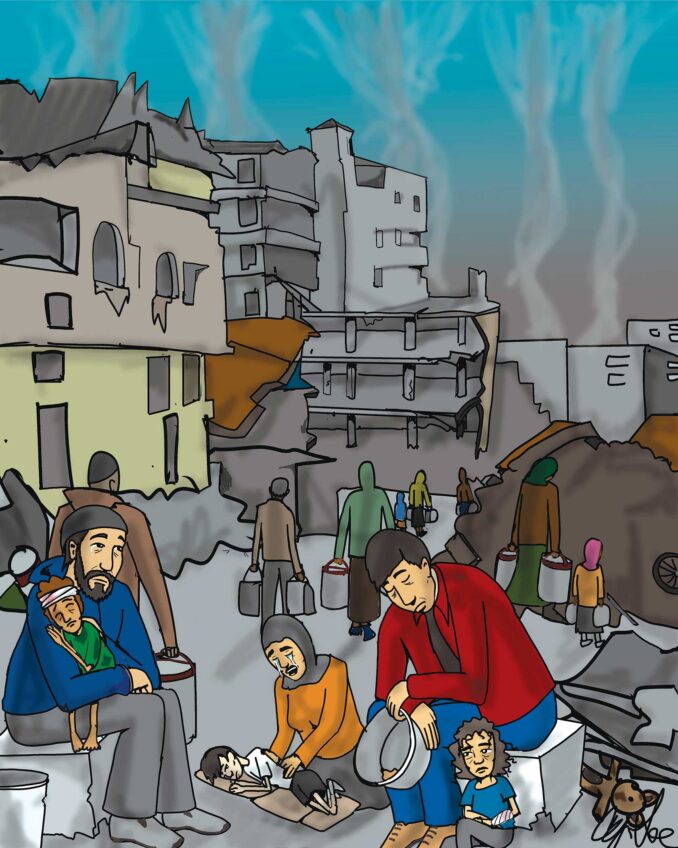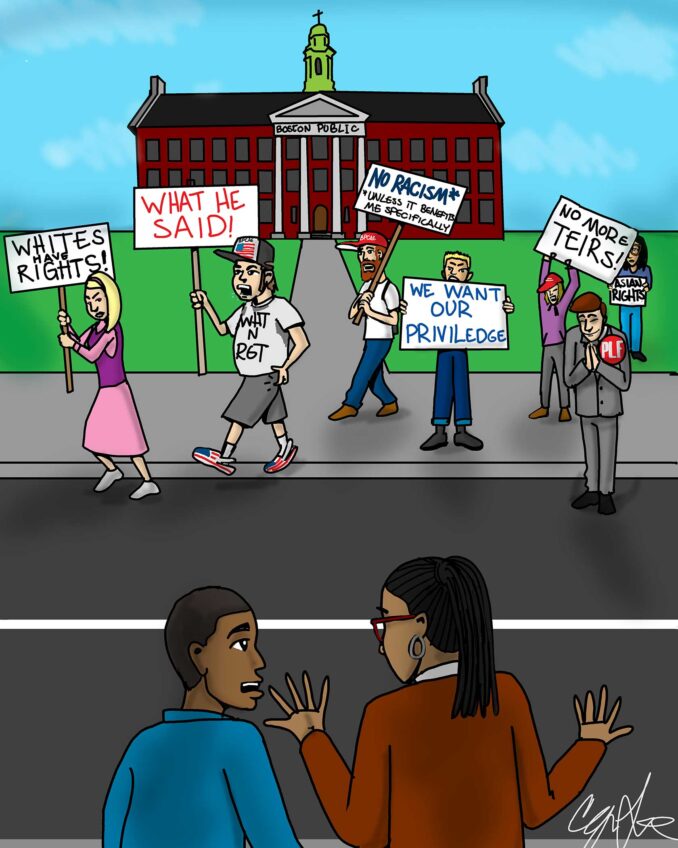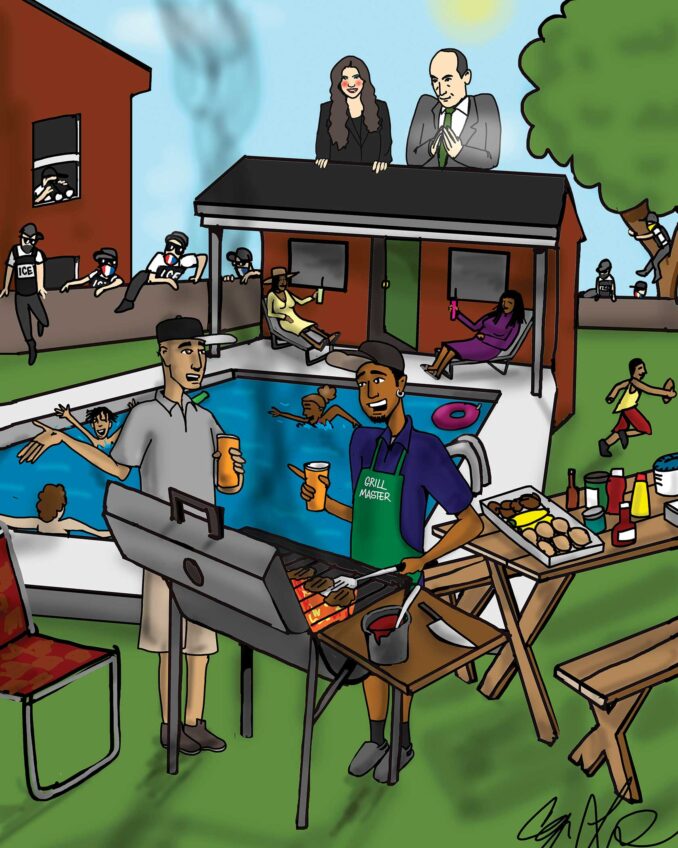There’s a palpable excitement that permeates the air every fall in Boston. From the thousands of college students that return to a city with the highest density of universities in the country, to the 58,000 children starting back up in Boston Public Schools, the season is one of great dynamic change for the city, its students, and the families that call it home.
But for far too many children and caregivers, this time presents an incredibly challenging transition period, rife with risks and vulnerabilities. Nearly a third – 31.9 percent – of our youth suffer from anxiety disorders, and the start of school is a frequent time when symptoms can manifest. Studies have shown that pediatric mental health emergency department visits peak in the fall, and entering a new academic year is a presumptive culprit. Synergizing with a mental health crisis is the fact that close to a fourth – 22.5 percent – of Boston children live in poverty, making it difficult to ensure proper school readiness given the significant increases in expenditures households face in gearing up for the start of academic year.
Through our work with Big Brothers Big Sisters of Eastern Massachusetts, we see the everyday struggle of the families and children that make up these deeply shocking, but impersonal, statistics. For example, when Xzavier first matched with his mentor, Robert, he was struggling with family dynamics, grief, social pressures, exposure to inner-city violence, and the academic and socioeconomic impact of the pandemic. Although the duo resided in the same city, they lived in what felt like worlds apart, that is until Robert gained his mentee’s trust and they began to talk. Slowly, Xzavier opened his mind and heart and began building his confidence. Before he knew it, the duo was summiting his first mountain and boarding his first flight. Ten years later, the recent high school graduate landed his first job and purchased a car. He says none of this would be possible without his mentor by his side.
What has often felt lacking in so many research studies and pieces that describe the complex problems facing our children today is a therapeutic intervention, a prescription that could help foster resilience in our vulnerable youth. It has long made intuitive sense that one potential approach could be providing at-risk youth with a deep and lasting connection to a mentor who would be a steadfast champion in their corner. So many of us credit our success and accomplishments in life to someone who showed up when no one else could, someone who believed in us against the odds. Couldn’t that force be transformative in the life of a child facing an uphill battle to succeeding and thriving in their school and community?
For the first time, recent research has validated the intuition that mentoring is the game-changing, life course altering intervention we have long felt it to be. Leveraging data from Boston-area youth and Big Brothers Big Sisters of Eastern Massachusetts, economists Alex Bell and Neviana Petkova were able to demonstrate that being matched with a mentor directly increased the likelihood of a child enrolling in college by 15 percent and increased their income as an adult by 20 percent. The magnitude of these effects for a social intervention are unprecedented. It led them to state that “the social channel of mentoring may have the potential to mitigate on the order of one-half to two-thirds of the disadvantage that ordinarily hampers low-income children’s socioeconomic trajectories in adulthood.”
Thanks to the infrastructure created by youth mentoring organizations, we are well-positioned as a society to scale access to mentors for vulnerable youth and act on this evidence. And locally there are numerous precedents for mobilizing public and private resources to evidence-based social causes. We’ve seen this work well when tackling food insecurity in Massachusetts. Initiatives like Project Bread’s Health Care Partnerships Program, which works with community health centers statewide who prescribe non-medical resources to patients experiencing food insecurity, from grocery store gift cards to new kitchen appliances, and Boston Public Schools, providing free school meals to every child that comes through the cafeteria line, afford recent examples of interventions to address the social determinants to health. It’s exciting to think about the possibilities we’ll afford our children if we can rise to the occasion and provide them with meaningful and lasting mentorship.
The latest epidemiological and basic science research is confirming what we have long known: that far too many children grow up exposed to stress, poverty and instability and that these exposures lead to life-long scars in the brain and body, dramatically increasing the risk of premature death and disability in adulthood. What’s exciting about this moment is that we have a scalable intervention, mentoring, that we could prescribe to do something about what has long felt like an intractable problem. Let us not lose this moment.
Ravi Raju, MD/PhD is a pediatrician at Boston Children’s Hospital and a neuroscience researcher at the Picower Institute of Learning and Memory, MIT. He serves on the Board of Directors of Big Brothers Big Sisters of Eastern Massachusetts.
Mark O’Donnell is the president and CEO of Big Brothers Big Sisters of Eastern Massachusetts, the state’s leading one-to-one mentoring program for youth.






